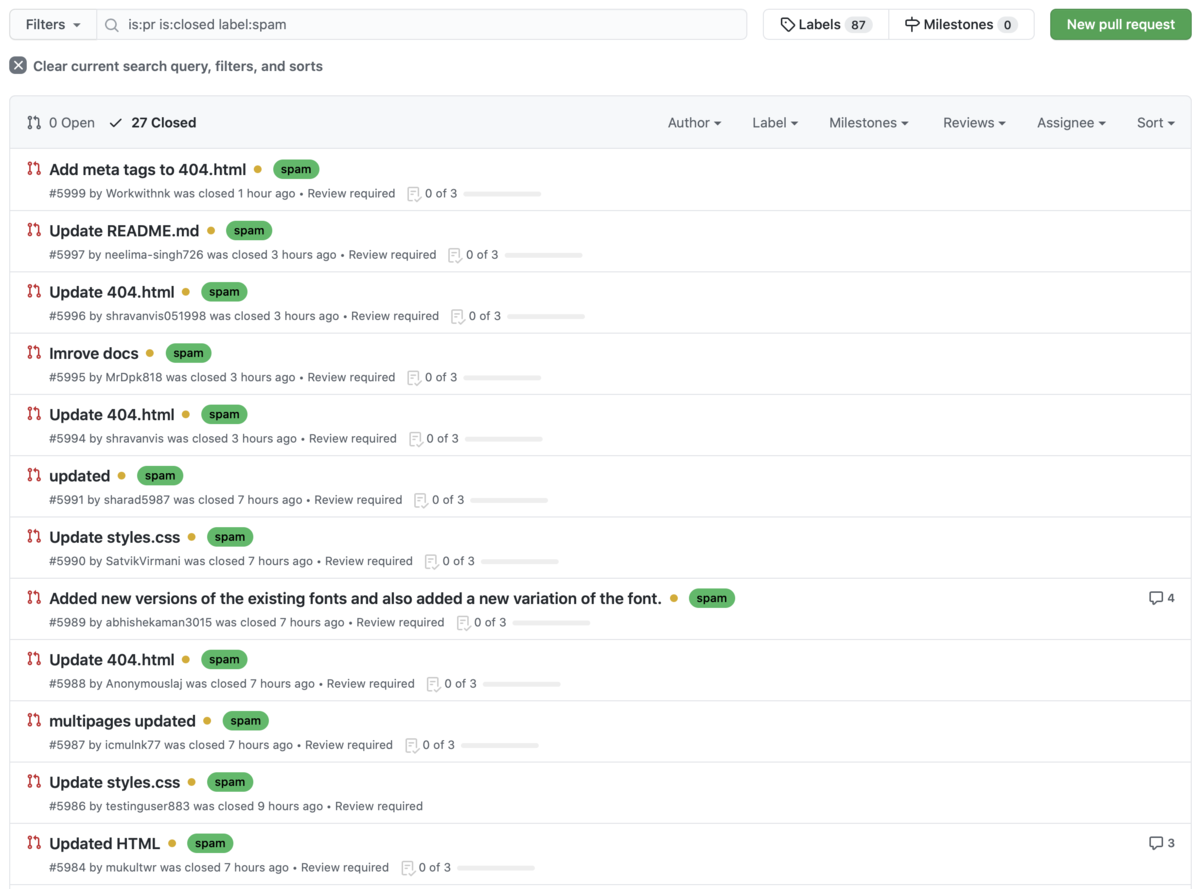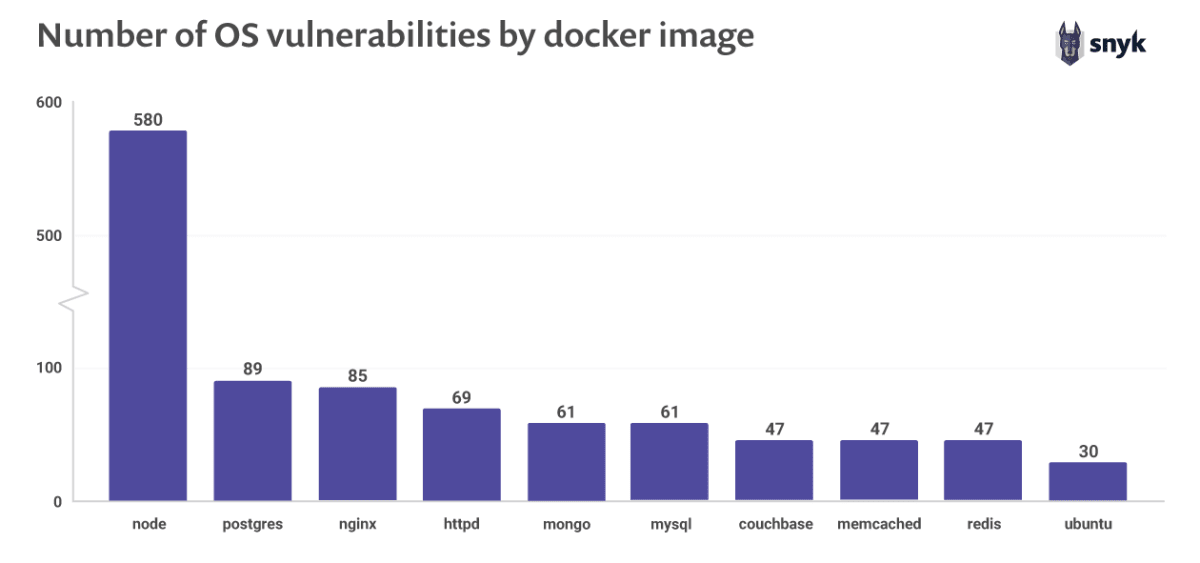Kendall Miller is a bubbly extrovert who sticks his fingers in a lot of pies. He advises tech companies like FusionAuth, positions tech products like Civo & Tensorlake, organizes tech networks like CTO Lunches, and even sells whiskey & gin to tech people like us via his Friday Deployment Spirits brand. Kendall has learned a lot since he first entered the industry and he’s eager to share what he knows, and who he knows, with the world.
Kendall Miller: I mean – so the first thing is… You’ve heard it said first time founders build, second time founders sell. There’s a lot of different variations on that, but it’s a common thing. The selling – what makes a salesperson a salesperson is not that they’ve learned this trick. “Oh, if I say this in this way, then they’re going to buy.” There are a few tricks like that. I’ve learned a few that I’ve been surprised actually are very effective… But it’s not like I’m going to turn my close rate from 5% to 90% because I learned to be a sleazy dirtbag sales guy. The truth of sales is number one, it’s a numbers game. You knock on enough doors with the world’s worst vacuum, eventually you knock on a door where somebody’s vacuum just broke, and they have companies showing up in a half an hour, and they are stressed the heck out and they don’t care how bad your vacuum is, they need it right now. So at the end of the day, it is just a numbers game. Having a great vacuum that does a great demo helps you sell more vacuums. But you’ve still got to knock on a million doors.
What makes a salesperson a salesperson is they’ve knocked on every door in the neighborhood, they have no idea what to do next, and they wake up and keep going. And that’s not in the DNA of the average technical co-founder or technical founder. And so it’s a thing that they have to learn the hard way, and almost always by the hard way, without putting in air quotes, what that means is they’ve failed once. They built a company and they couldn’t get enough people to use it, or they reached a couple million and they needed to reach a lot of million, because they were venture-backed. And then they realize in the second round that they have to go bigger, harder.
So what do I do? Well, so you asked a couple of questions there. First of all, general advice - sell, sell, sell, sell, sell. Sell it before you build it. Also, build something much, much smaller than you think. Because a lot of companies go build a product this big. Huge. And then they find out after talking to everybody that the product should go this way, and 10% of it is relevant. And it’s really hard to pivot when you’ve boiled the ocean already.
[00:11:50.15] If you build a product, that really should be a feature, and you could build in a weekend, then when you go out and talk to the market and find out “Oh, actually, the interest is over in this direction” or “I need to build it that direction”, it’s not that stressful to pivot, it’s not that hard. You can listen to the advice from customers and actually build a thing that they want.
My favorite companies are the companies that when I talk to technical people, they’re like “Why does that even exist? I can build that in a weekend.” Sure. You could build that in a weekend. You’d build it poorly, it would be not feature rich, and you wouldn’t be able to sell it, because you have no design sense and you don’t know who to talk to. Right? But if you build it in a weekend and then you add on, you can add on in the right direction without being stressed about it because you already boiled the ocean.
So that’s the first thing - build a lot smaller than you think, sell it a lot sooner than you think. If you can’t get somebody to pony up money for it really early on, it’s not going to be easier when it’s bloated and big and heavier, and you’ve put 10,000 times more of your opinions into it.
The other thing that I see a lot of technical founders do is they don’t do the math. You have to build a business around something that actually makes sense. One technical co-founder I worked with a long time ago built a B2B SaaS product that engineering leaders were going to buy, and he priced it as such that - I was talking with him saying, “Well, now hang on a second… You’ve sold to one of the world’s biggest companies, and it’s a $5 a month deal?” “Well, more engineers are going to take it up.” Okay, but how many of these do we have to sell before you can earn a living? And this is a bootstrapped business, it wasn’t even venture backed… And he’s sitting there and doing the math, and like “Well, I guess I’ve got to sell about 10,000 more…”
So either you can sell it for $500 a month, or $1,000 a month, or $10,000 a month, or whatever it’s going to take you to actually get to the sustainability that you need within a timeframe that makes sense, or you need to not sell it. But selling it for $5, patting yourself on the back that you got a success story, and finding out that you could do this for 25 years and you might be making $2,000 a month… That doesn’t work.








